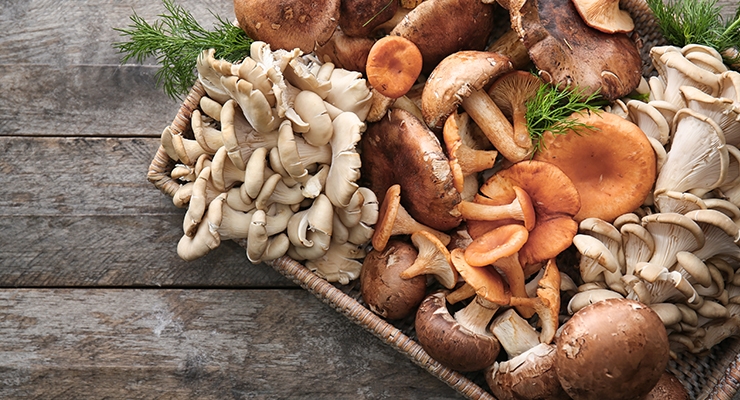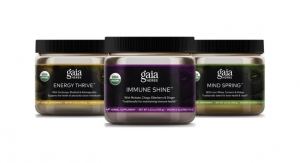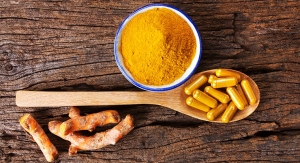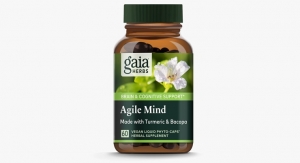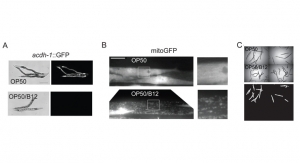By Sean Moloughney, Editor09.06.19
A study from Japan published in the International Journal of Cancer found an inverse relationship between consumption of mushrooms and prostate cancer among middle-aged and elderly men, suggesting that habitual mushroom intake may help prevent prostate cancer.
In vivo and in vitro evidence has suggested that mushrooms may be beneficial, but research hasn’t evaluated the relationship between mushroom consumption and incident prostate cancer in humans.
For this study, a total of 36,499 men, aged 40-79 years, who participated in the Miyagi Cohort Study in 1990 and in the Ohsaki Cohort Study in 1994 were followed for a median of 13.2 years.
Data on mushroom consumption (categorized as <1, 1-2 and ≥3 times/week) was collected using a validated food frequency questionnaire. Cox proportional hazards regression analysis was used to estimate multivariate hazard ratios (HRs) and 95% confidence intervals (CIs) for prostate cancer incidence.
During 574,397 person‐years of follow‐up, 1,204 (3.3%) cases of prostate cancer were identified. Compared to participants with mushroom consumption <1 time/week, frequent mushroom intake was associated with a decreased risk of prostate cancer (1-2 times/week: HRs [95% CIs] = 0.92 [0.81, 1.05]; ≥3 times/week: HRs [95% CIs] = 0.83 [0.70, 0.98]; p‐trend = 0.023). This inverse relationship was especially obvious among participants aged ≥50 years and did not differ by clinical stage of cancer and intake of vegetables, fruit, meat, and dairy products.
The mechanism of action remains uncertain, researchers noted. Some biological properties of culinary mushrooms related to prevention of prostate cancer have been reported in vivo and in vitro . One of these components is L‐ergothioneine, an antioxidant, which might mitigate oxidative stress/damage. L‐Ergothioneine is reportedly present in large amounts in shiitake mushrooms, oyster mushrooms, maitake mushrooms, and king oyster mushrooms. These mushrooms also contain considerable amounts of the antioxidant glutathione.
Additionally, in Phase 1 clinical trial, white button mushrooms also appeared to have antiprostate cancer activity through immune modulation, although the active compounds are still unclear. Therefore, researchers said they assume these bioactive components might play a role in the observed inverse relationship between mushroom consumption and incident prostate cancer, because shiitake, oyster mushrooms, maitake and white button mushrooms are commonly consumed in the study areas.
In vivo and in vitro evidence has suggested that mushrooms may be beneficial, but research hasn’t evaluated the relationship between mushroom consumption and incident prostate cancer in humans.
For this study, a total of 36,499 men, aged 40-79 years, who participated in the Miyagi Cohort Study in 1990 and in the Ohsaki Cohort Study in 1994 were followed for a median of 13.2 years.
Data on mushroom consumption (categorized as <1, 1-2 and ≥3 times/week) was collected using a validated food frequency questionnaire. Cox proportional hazards regression analysis was used to estimate multivariate hazard ratios (HRs) and 95% confidence intervals (CIs) for prostate cancer incidence.
During 574,397 person‐years of follow‐up, 1,204 (3.3%) cases of prostate cancer were identified. Compared to participants with mushroom consumption <1 time/week, frequent mushroom intake was associated with a decreased risk of prostate cancer (1-2 times/week: HRs [95% CIs] = 0.92 [0.81, 1.05]; ≥3 times/week: HRs [95% CIs] = 0.83 [0.70, 0.98]; p‐trend = 0.023). This inverse relationship was especially obvious among participants aged ≥50 years and did not differ by clinical stage of cancer and intake of vegetables, fruit, meat, and dairy products.
The mechanism of action remains uncertain, researchers noted. Some biological properties of culinary mushrooms related to prevention of prostate cancer have been reported in vivo and in vitro . One of these components is L‐ergothioneine, an antioxidant, which might mitigate oxidative stress/damage. L‐Ergothioneine is reportedly present in large amounts in shiitake mushrooms, oyster mushrooms, maitake mushrooms, and king oyster mushrooms. These mushrooms also contain considerable amounts of the antioxidant glutathione.
Additionally, in Phase 1 clinical trial, white button mushrooms also appeared to have antiprostate cancer activity through immune modulation, although the active compounds are still unclear. Therefore, researchers said they assume these bioactive components might play a role in the observed inverse relationship between mushroom consumption and incident prostate cancer, because shiitake, oyster mushrooms, maitake and white button mushrooms are commonly consumed in the study areas.

